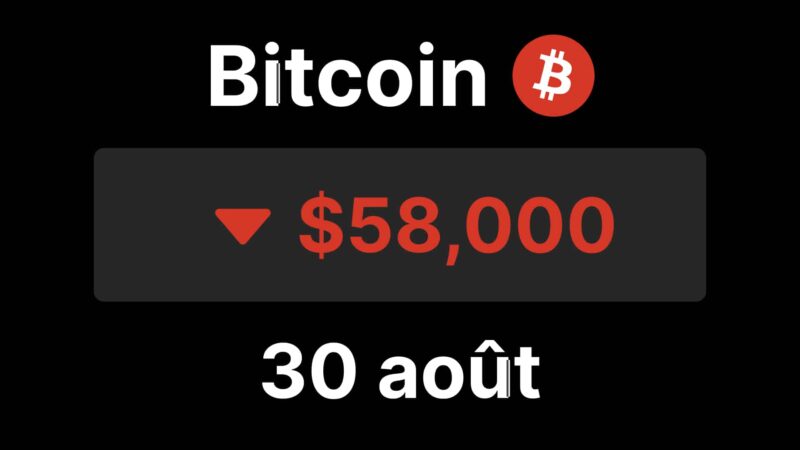Windtree Therapeutics wanted to make history by becoming the first company listed on the Nasdaq to build a BNB treasury. However, just weeks later, the Pennsylvania biotech found itself ejected from the index. This sudden fall highlights the dangers of trying to emulate the crypto strategies of giants without having the same financial solidity.
Windtree receives a Nasdaq delisting order after launching its BNB treasury
In July, Windtree announced a $60 million agreement with Build and Build Corp., presented as the first step towards a program that could reach $200 million. The goal was to transform its balance sheet into a crypto showcase, following the lead of Michael Saylor with MicroStrategy and Bitcoin, but this time, with BNB. The announcement had an immediate impact, with the stock soaring over 20% in pre-market trading.
However, beneath the excitement, the fundamentals remained shaky. Windtree quickly fell below the critical threshold of one dollar per share, required by Nasdaq to maintain its listing. The verdict was swift: effective suspension on August 21st and forced transition to the OTC market, even as BNB hit a new all-time high.
A Swift Collapse
The delisting announcement triggered a significant stock market hemorrhage. The share, which had already been trading around 48 cents at the end of July, plummeted by nearly 80% after the news, closing at just 11 cents. This collapse almost wiped out the company’s ambition to anchor itself in the BNB ecosystem.
Transitioning to the OTC market means reduced visibility, lower liquidity, and a loss of credibility with institutional investors. The operation, intended to enhance Windtree’s image, risks isolating the biotech even further.
The Mirage of a Saylor-like Strategy
By modeling its communication after MicroStrategy, Windtree hoped to captivate the markets with a “crypto first” strategy. But the resemblance ended there: MicroStrategy remains a heavyweight on the Nasdaq, capable of sustaining such exposure. Windtree, on the other hand, could not withstand even the slightest shock.
The lesson is clear: transforming one’s balance sheet into a crypto safe-haven may attract attention in the short term, but without the financial solidity or market foundation, the market’s response is immediate.
This setback could deter other listed companies considering diversifying their balance sheets with assets like BNB, ETH, or even BTC. Windtree’s failure does not invalidate the MicroStrategy model, but it serves as a reminder that not all companies can become a crypto proxy during a rush to the stock market.
For the BNB community, this incident is a symbolic setback: the first attempt to include the asset in the treasury of a listed company ends in a stock market crash.




